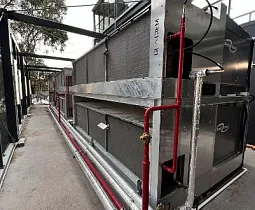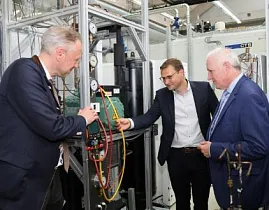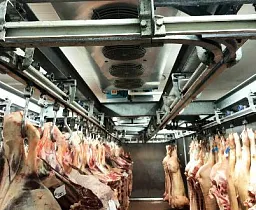
The United Nations Environment Programme (UNEP) and the International Energy Agency (IEA) have developed a 50-page report titled ‘Cooling Emissions and Policy Synthesis Report: Benefits of cooling efficiency and the Kigali Amendment’. The report highlights the growth of cooling appliances in numbers, addresses the COVID-19 estimated impacts and outlines six important opportunities identified under the K-CEP programme.
According to the report, there are an estimated 3,6bn cooling appliances in use globally today, and that number is growing by up to 10 devices every second. This growth is set to increase the sector’s greenhouse gas emissions dramatically, further warming the planet. Air conditioners are a double burden, as the report explains. In most cases, they use hydrofluorocarbons (HFCs), extremely potent greenhouse gases, and require significant energy to run. Without policy intervention, direct and indirect emissions from air conditioning and refrigeration are projected to rise 90% above 2017 levels by the year 2050. This report lays out ways to resolve this dilemma by delivering efficient and climate friendly cooling for all – in particular by rapidly phasing down hydrofluorocarbons in the cooling sector and delivering cooling more efficiently through more efficient equipment and buildings.
The report indicates that reductions between 210-460bn metric tons of CO2 emissions could be achieved in the next 40 years through actions to improve the energy efficiency of cooling systems and a transition to climate-friendly refrigerants.
The novel coronavirus (COVID-19) pandemic has created an extraordinary global health and economic crisis. Beyond the immediate impact on health, the current crisis has major implications on global economies, energy use and CO2 emissions. The economy could decline by 6% in 2020, whilst energy demand, which declined by 3,8% in the first quarter of 2020, could fall by 6% by the end of 2020. Global energy-related CO emissions could fall by 8% in 2020. This global economic downturn will also have an impact on investment in energy systems, including efficient climate-friendly cooling. For example, it is expected that investment in building efficiency will fall by over 10% in 2020.




